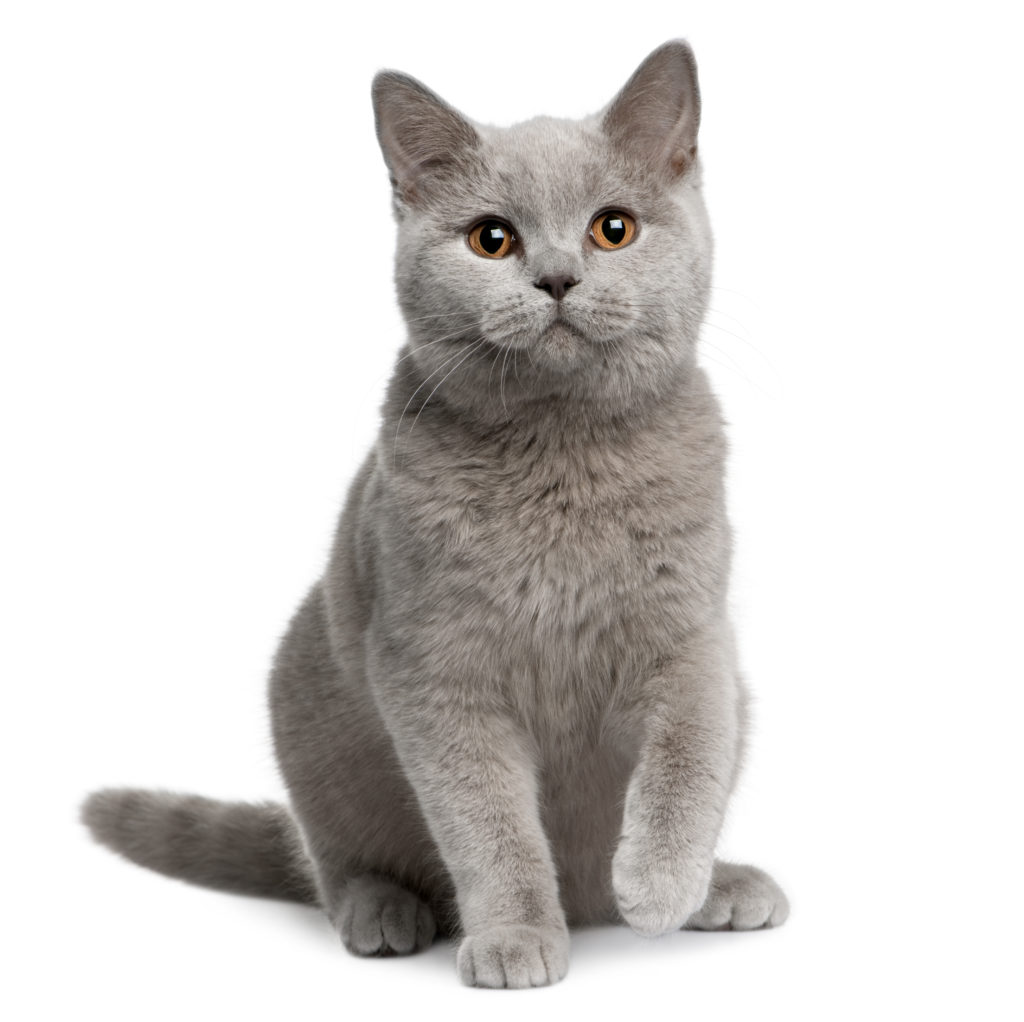WE CONSIDER CATS “SENIORS” WHEN THEY REACH
8 YEARS OF AGE.
At this life stage, cats are at an increased risk of developing certain health problems. That’s why we recommend more frequent wellness visits to our clinic
They say cats have nine lives, and while this may seem true at times, they still need to see a vet regularly. Here at Harlingen Veterinary Clinic, we recommend that all senior cats come see us at least twice a year for a comprehensive wellness exam. These more frequent visits allow us to be more proactive about senior cats’ health, as early detection is key to preventing age-related health problems.
In addition to conducting a comprehensive wellness exam, we’ll update any necessary vaccines and perform any recommended laboratory testing. This may include a senior blood panel, urinalysis, thyroid hormone testing, or all of the above. These tests can detect some of the common health problems in senior cats, including diabetes, kidney disease, and hyperthyroidism.

Common Physical Changes in Senior Cats
Bi-annual exams are essential to your senior cat’s health, but what’s equally important is your at-home observations. You are an important component of the overall goal of detecting and treating illnesses early. Since cats are notorious for hiding their illnesses, the following is a list of signs to look for that may indicate a health problem:
- Changes in mobility/arthritis
- Hiding
- Brittle or ingrown nails
- Vision changes
- Weight loss
- Vomiting
- Diarrhea
- Increased thirst and urination
Senior Cat Care Tips
At Harlingen Veterinary Clinic, we love senior cats, and we are committed to being here for yours throughout their golden years. The following senior cat care tips can help your senior feline friend enjoy their senior years:
- Modify Their Diet: Because the dietary needs of many senior cats differ from those of middle-aged cats, switching to a senior cat food may benefit your cat. Senior cat food is formulated specifically for the nutritional requirements of aging cats.
- Increase Water Access: Cats are prone to conditions like kidney disease and constipation, so it’s important for them to stay hydrated. Whether you have one or multiple water bowls in your home, keep them on or close to the ground to prevent your cat’s need to jump to access them.
- Provide Exercise and Stimulation Opportunities: Although many senior cats spend most of their days lying down, they’ll still appreciate an opportunity to do a little exercise and use their brains. Make sure your keep the scratch posts, toys and other items around the house to keep them entertained, even if they don’t use them as often as they used to.


